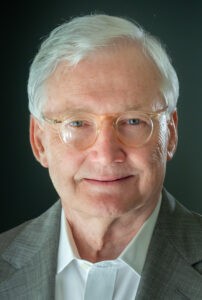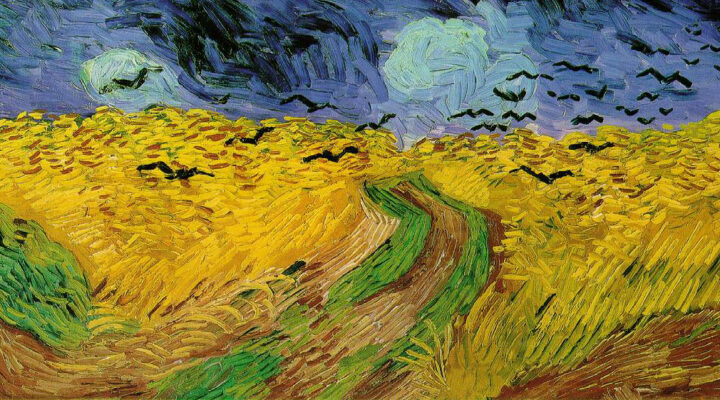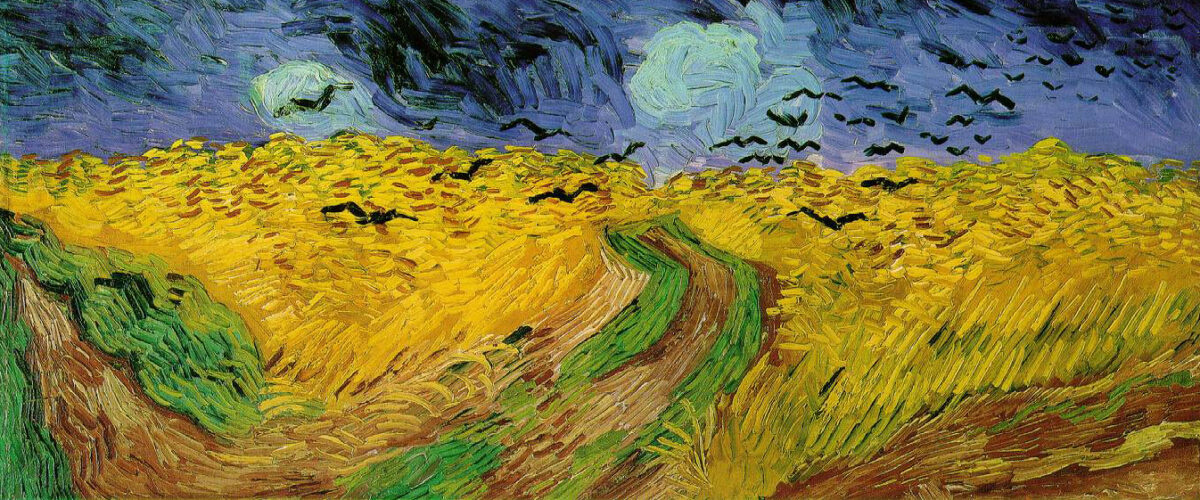As we enter 2022 with no little trepidation, I write of the urgency of humility for the healing of our land and hearts. Someone has quipped, “Few speak of humility humbly.” Nevertheless, I proceed.
The word “humility” comes from the word humus, or soil, as God created us as in the second Creation story, from the mud. Some days we need to be reminded that we are made in the image of God, as from the first Creation story; other days we need to be reminded that we are dust and will return to the dust.

Stephen Shoemaker
Humility is not humiliation; it is the recognition that there are humanly limits to our power, knowledge and, yes, goodness. C.S. Lewis once said that humility “is not thinking less of ourselves, but thinking of ourselves less.” Thus, it is a challenge to our natural egoism.
But I have something more immediate in mind as we enter the new year. We all have been tempted by what psychologists call “moral splitting.” We divide the world into the Children of Light and the Children of Darkness, and we generally place ourselves in the first group. It has been all too easy to demonize one’s opponents. That’s been true for me, confession being good for the soul.
Martin Luther King Jr. once was asked how he could love his enemies who were trying to do him in. He said he could love them because he believed there is “something of the best in the worst of us and something of the worst in the best of us.” We may be tempted at this point to try to think of some notable exceptions to this truth, but it is thoroughly biblical in its estimation of who we are as human beings, mud and spark, darkness and light.
Nobel Prize winner Alexander Solzhenitsyn was placed in a Stalinist work camp for eight years when a letter he wrote to a friend criticizing Stalin was found. When released, he was banished into exile in Kazakhstan. There he wrote the books that would make him famous: A Day in The Life of Ivan Denisovich, then later, Gulag Archipelago. One would think that a man who had experienced such human evil would divide the world into the Children of Light and the Children of Darkness — with those of each camp clearly identified. Instead, he wrote these words:
“The line between good and evil cuts right through the human heart, all hearts, our hearts.”
The line separating good and evil passes not through states, nor between classes, nor between political parties either — but right through the human heart —and through all human hearts. This line shifts. Inside us, it oscillates through the years. … If only there were evil people somewhere insidiously committing evil deeds, and it were necessary only to separate them from the rest of us and destroy them. But the line dividing good and evil cuts through the heart of every human being.
Jesus told a parable about a field where the wheat and the weeds grew up together to the point where you could not pull up the weeds without destroying the wheat. What to do? The owner of the field said, don’t try to pull the weeds now. Wait until the harvest, then you can safely separate wheat and the weeds (Matthew 13: 24-30).
Matthew seems to be struggling throughout the Gospel with the confounding mixture of the good and the bad, the righteous and sinners in the church. What are we to do? Kick some out, so we can stay pure? But the parable says, in effect, let God sort it out at the end. Don’t try to play God now. You are not good or skillful enough to do such work. The parable is not an invitation to moral indifference but the puncture of our inclination to moral superiority.
The line between good and evil cuts right through the human heart, all hearts, our hearts. Such is the beginning of humility, and such a recognition may help heal our hearts, communities and nation. As some used to say in good King James English, “So mote it be.”
Stephen Shoemaker serves as pastor of Grace Baptist Church in Statesville, N.C. He served previously as pastor of Myers Park Baptist in Charlotte, N.C.; Broadway Baptist in Fort Worth, Texas, and Crescent Hill Baptist in Louisville, Ky.
Related articles:
The recovery of empathy | Opinion by Stephen Shoemaker
Facing up to suffering in a new year | Opinion by Maina Mwaura
Truth Decay: How truthfulness is related to humility | Opinion by David Gushee


